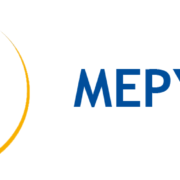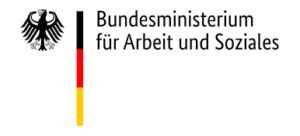MEPYSO at the FIS-Forum in Berlin, 08.-09.10.2019
Also this year, the MEPYSO team was represented at the Forum of Interdisciplinary Social Policy Research (FIS) of the Federal Ministry of Labour and Social Affairs in Berlin. Current work of FIS-funded scientists was presented there under the motto “Dialogue, Strategy and Networking”. Dr. Nadine Reibling, Mareike Ariaans, Stephan Krayter and Philipp Linden presented current results from the MEPYSO project and gave a lecture on “The role of medicine and psychology in the German welfare state”.






